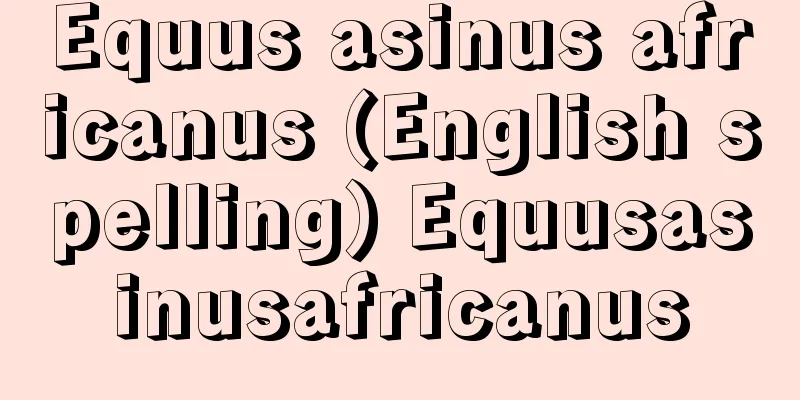Seiichi Hatano

|
Philosopher. Born in Matsumoto, Nagano Prefecture. Graduated from the Department of Philosophy, Faculty of Letters, Imperial University in 1899 (Meiji 32) and was awarded a silver watch as a gift. During his time at university, he was taught by R. Koebel. In 1900, he became a lecturer at Tokyo Senmon Gakko (now Waseda University). The following year, in 1901, he published his lectures as "Outline of the History of Western Philosophy." In 1902, he was baptized by Uemura Masahisa at Ichibancho Church. In 1904, he went to Germany to study at the University of Berlin and the University of Heidelberg. In 1907, he became a lecturer at the Faculty of Letters, Imperial University of Tokyo. In 1908, he published his lectures as "The Origin of Christianity." In 1909, he received his doctorate in literature. In 1917 (Taisho 6), he became a professor at Kyoto Imperial University. In his later years, in 1947 (Showa 22), he was recommended to become the president of Tamagawa University. The first half of Hatano's life as a scholar was devoted to studying the original texts of the two origins of Western thought -- Greek philosophy and Christian thought -- making full use of his linguistic skills, including his mastery of classical Western languages. However, during his time in Kyoto, he began to tackle the task of systematizing his own religious philosophy based on personalism, which he compiled as a trilogy: "Religious Philosophy" (1935), "Introduction to Religious Philosophy" (1940), and "Time and Eternity" (1943). [Kazuhisa Tashiro March 19, 2018] "The Complete Works of Seiichi Hatano, 6 volumes (1968-1969, Iwanami Shoten)" [Reference item] | |Source: Shogakukan Encyclopedia Nipponica About Encyclopedia Nipponica Information | Legend |
|
哲学者。長野県松本市に生まれる。1899年(明治32)帝国大学文科大学哲学科を恩賜の銀時計を授与されて卒業。在学中はR・ケーベルの指導を受けた。1900年東京専門学校(現、早稲田(わせだ)大学)講師。翌1901年講義録を『西洋哲学史要』として刊行。1902年一番町教会で植村正久(うえむらまさひさ)より受洗。1904年ドイツに留学、ベルリン大学、ハイデルベルク大学に学ぶ。1907年東京帝国大学文科大学講師。1908年講義録を『基督(キリスト)教の起源』として刊行。1909年文学博士。1917年(大正6)京都帝国大学教授。晩年1947年(昭和22)には玉川大学長に推挙された。学者としての波多野の前半生は、西洋古典語の修得を含めた語学を駆使して西洋思想の二つの源流――ギリシア哲学とキリスト教思想――の原典研究にあったが、京都時代には人格主義に立脚する独自の宗教哲学の体系化を課題とするようになり、それは『宗教哲学』(1935)、『宗教哲学序論』(1940)、『時と永遠』(1943)の三部作としてまとめられた。 [田代和久 2018年3月19日] 『『波多野精一全集』全6巻(1968~1969・岩波書店)』 [参照項目] | |出典 小学館 日本大百科全書(ニッポニカ)日本大百科全書(ニッポニカ)について 情報 | 凡例 |
Recommend
Kurimoto [town] - Kurimoto
A former town in Katori County, northeastern Chiba...
Zamoyski, A.
…In 1765, he established a knight's school to...
Seychelles
◎Official name: Republic of Seychelles. ◎Area: 455...
Retirement multi-family system - Inkyofukusetaisei
…Home [Ken Nakamura] [Private retirement practice...
Alum [Hot Spring] - Alum
This hot spring is part of the Kirishima Onsenkyo ...
Tosa [town] - Tosa
A town in Tosa County in northern Kochi Prefecture...
Manis tricuspis (English spelling)
…[Yoshiharu Imaizumi]. … *Some of the terminology...
Jotunn (English spelling)
…When the hot winds from Muspelsheim and the fros...
Submarine forest
...The individual tree trunks that make up a foss...
Keeper - important person
...a lining placed on a dish when serving food. I...
Kaikei District
…This area was the center of the ancient Yue King...
Liquid pathology theory
...In other words, they tried to explain the caus...
Masahira Oe - Masahira Oe
Year of death: 16 July 1012 (6 August 1012) Year o...
Bed sore (Decubitus)
What is the disease? Sustained pressure reduces o...
Trionycha
…The Trionycha spiders are divided into Trionycha...









